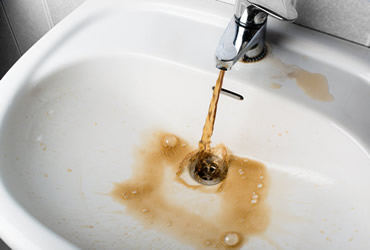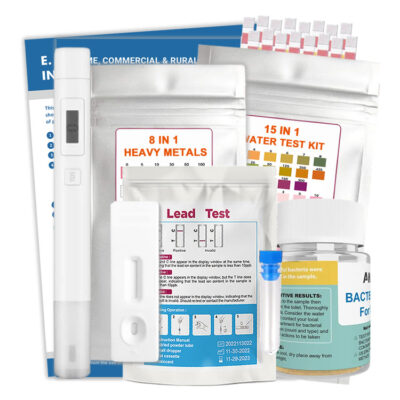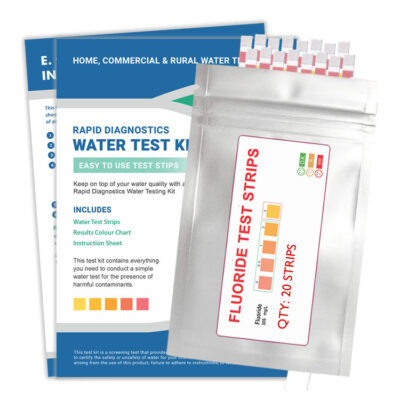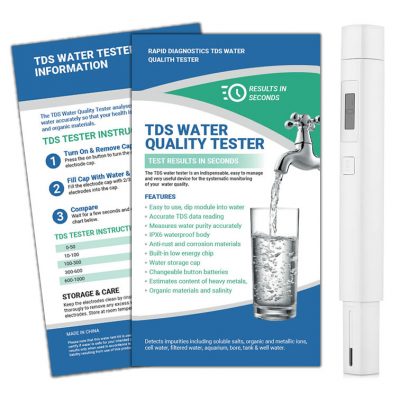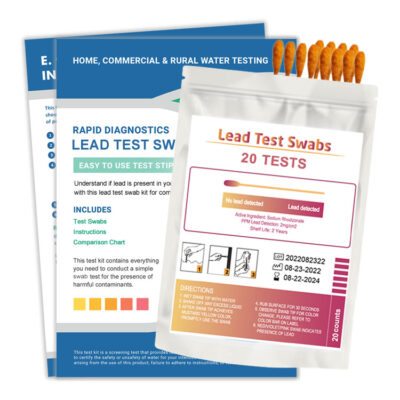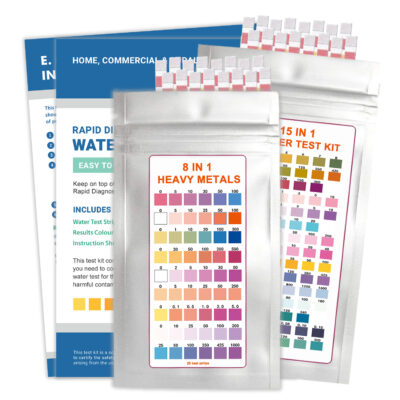How Does Lead Exposure thru Drinking Water Affect Your Body? Government regulations with regard to drinking water require the ascertainment of contaminants and their maximum levels that can remain in drinking water without causing any harm to the health of the individual consuming it. The prevailing levels should be such that a sufficient safety margin is maintained with regard to any possible health risks that can occur. The maximum permissible level for lead as decided by regulatory bodies in drinking water is nil.

How Does Lead Exposure Affect Your Body?
What is the Safe Level of Lead Content in Drinking Water?
High toxicity of the metal has set the contaminant level target for lead as zero as far as drinking water is concerned. No safe level for lead content in drinking water exists as even small levels of the metal presence can cause grave harm to humans as well as animals. Bio-accumulation of lead can occur in the human body and affect adults, children and pregnant women to varying degrees.
Who is More Susceptible to Lead Contamination?
Infants, fetuses and young kids are at greater risk to the ill-effects of lead as even low level exposure to the metal has a grave impact on them. A small dose of lead quantity may not affect the adult as much as it would significantly affect a young kid and even more significantly an infant.It has been estimated by regulatory bodies that about 20% of lead exposure of an individual comes from drinking water.
Effect of Lead Exposure on Varied Individual Age-Groups
Young children who are exposed to low lead quantities through drinking water too face grave health problems. It leads to learning disabilities, diminished hearing, stature challenges, damaged peripheral and central nervous system and weakened functioning and formation of blood cells. In very acute cases it can lead to coma, seizures or even death.
Lead accumulated in the body gets stored along with calcium in bones. In a pregnant woman this lead is discharged as maternal calcium to go towards the formation of the fetus bones. This is more prevalent if the woman gets insufficient calcium from her dietary intake. Sometimes, the placental barrier can be crossed over by the metal exposing its harmful effects on the fetus. This can cause harm to the mother-to-be as well as her growing fetus. Some of the ill effects include abnormal growth of the fetus or premature birth.
The ill effects of lead are seen on adults too. Exposure to lead can affect adults resulting in cardiovascular diseases like hyper tension, reduced functioning of kidneys or reproductive problems in males and females.
Does Lead Content in Shower Water Affect Individuals?
Lead contained in shower water does not cause any harm to adults and kids alike. Lead in water cannot be absorbed by the human skin and so it is okay to shower under water contaminated with some quantities of lead. However, if the water is extremely corrosive then additional guidelines will need to be followed.
The best source to provide you with all relevant information like assessment and detection of lead in drinking water will be assess the quality of your water with a Lead Water Test Kit or contact your local water authority. You can take remedial steps based on the results or conclusions of the assessment.

